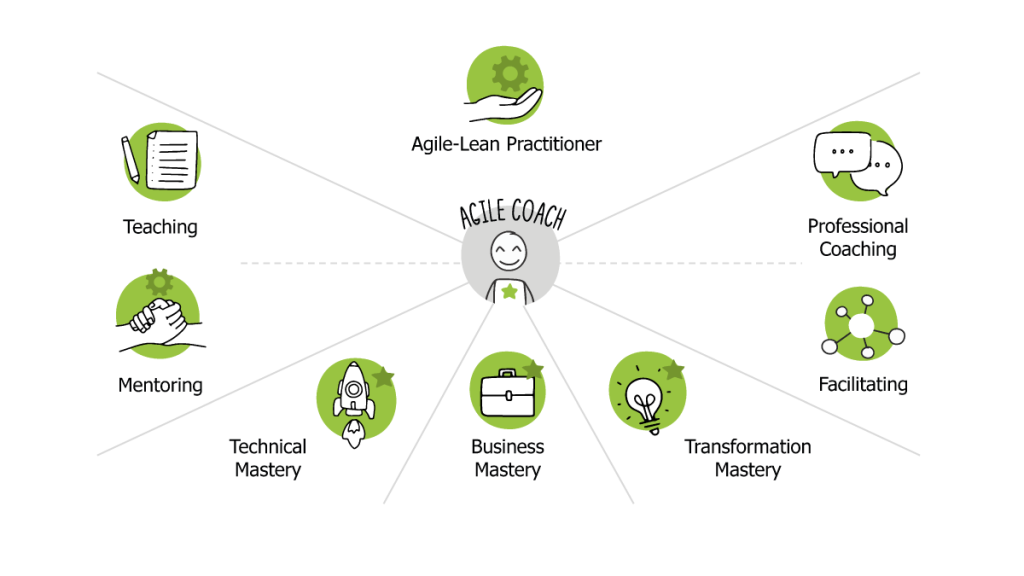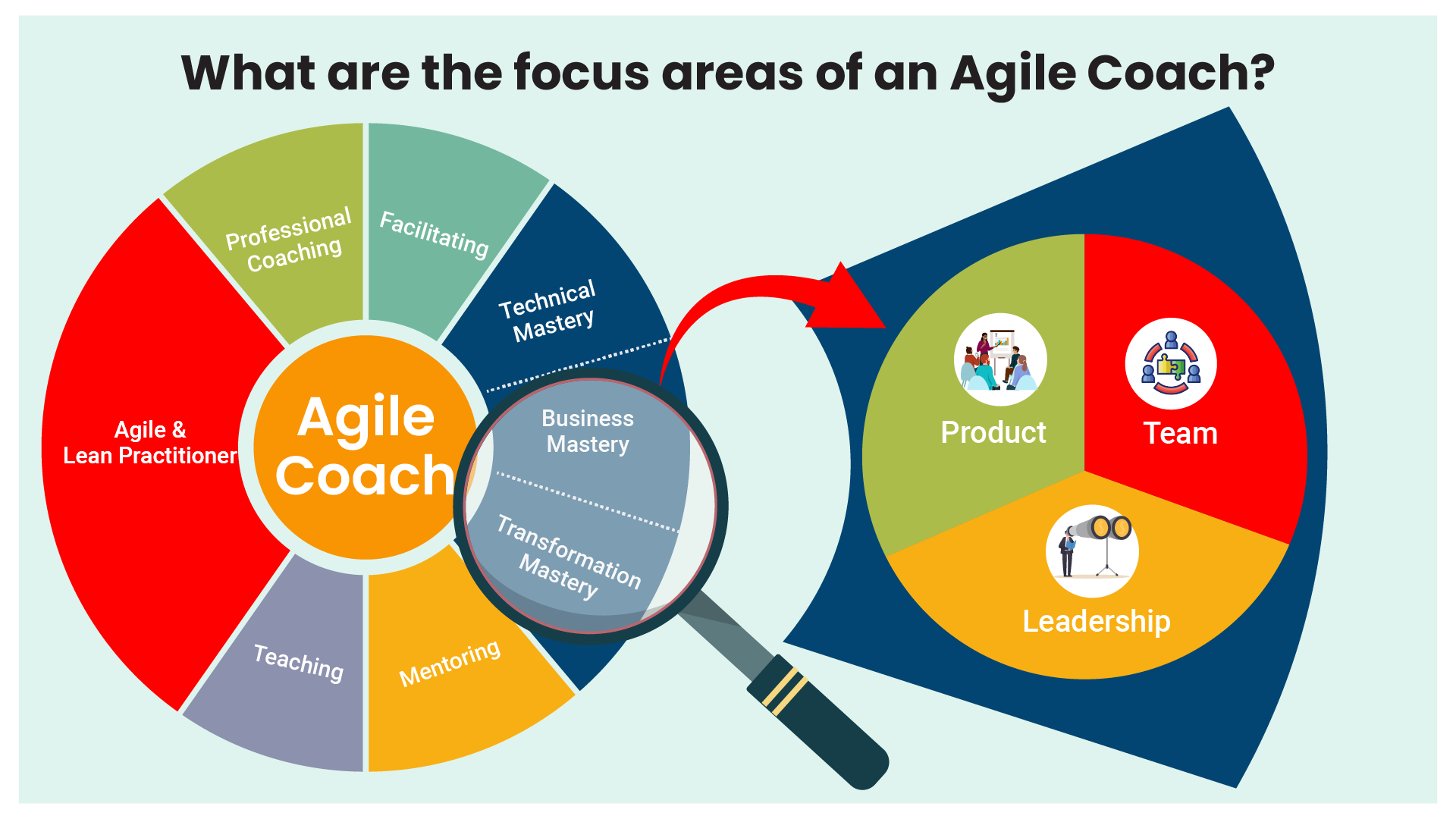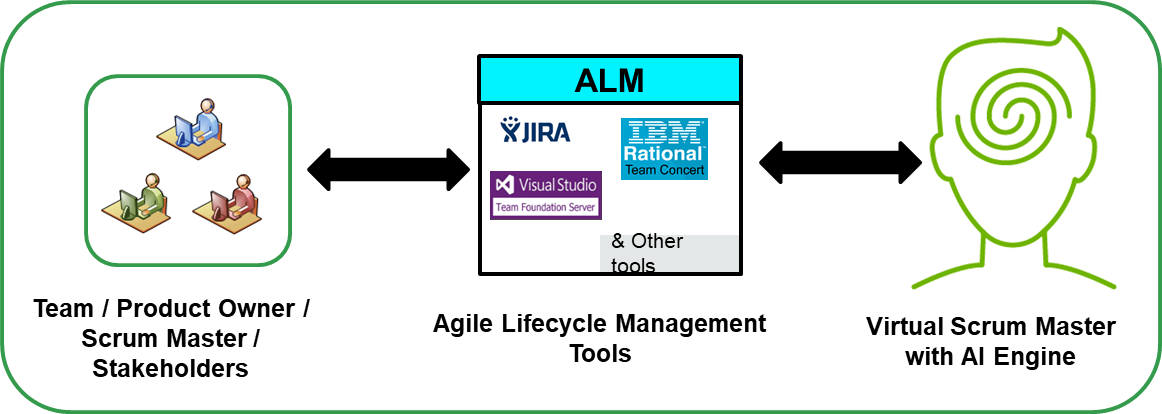Comments
- No comments found

Agile coaching has been a popular approach to software development for more than two decades.
It emphasizes collaboration, flexibility, and constant improvement, and it has helped many organizations increase their productivity and deliver better products.

Source: Netmind
While it's true that AI is transforming many industries and creating new opportunities for automation, it's unlikely that it will make agile coaching obsolete. In fact, AI may even enhance agile coaching by providing new tools and insights that can help coaches and teams work more effectively.
For example, AI-powered analytics can help coaches and teams gather and analyze data on their performance, identify areas for improvement, and track progress over time. AI-powered chatbots and virtual assistants can also help team members stay on track and get answers to their questions more quickly.
Agile coaching continues to thrive as a crucial approach to product engineering, delivery and more.

Source: Scrum.org
There have been attempts to package practices that we learnt were useful into frameworks. Still, that overlooks the deep, tacit knowledge from several domains, including product development, change management, leadership and others, that is crucial to agile’s success.
It’s not just about having a laundry list of agile practices but understanding the context and making informed decisions about which practices to apply and how. Experience and observing others play a significant role in acquiring and developing the ability to use this tacit knowledge.
The frameworks cannot simply make this knowledge implicit even if they continue to upgrade their versions every year !! Documentation is not the way one can acquire this knowledge.
Coaches who rely solely on frameworks may struggle, but coaches who have developed a tacit understanding of context and can solve problems effectively will always be in demand.
This requires coaches to learn from each other, mentors, leaders and more — practice and experiment for themselves. Learn to solve problems.
The future of agility lies in these problem solvers, and business leaders will continue to seek them out for better outcomes.

Source: Agile Alliance
As the world becomes more complex, the demand for agile coaches with a deep understanding of context and problem-solving skills will only increase.
It's important to note that agile coaching is more than just a set of tools and techniques. It's a mindset and a culture that values continuous improvement, learning, and collaboration. While AI can certainly support these values, it can't replace them.
Agile coaching is likely to remain relevant and valuable in the AI era. As organizations continue to adapt to new technologies and ways of working, they will need coaches who can help them navigate these changes and build strong, collaborative teams.
Don’t believe the rumours, agile is here to stay!
Hrishikesh is a Director, Financial Services BU at Capgemini. He has 19+ years of experience in IT software industry playing high responsibility roles as Agile Transformation Lead, Agile Coach, Program Manager, Delivery Manager, Technical Project Manager, Technical Lead & Software Engineer. Hrishikesh is passionate about building high performing teams, taking individuals and teams on a journey of excellence and satisfaction. His vision of Agile is not just about implementing effective, efficient and lean processes, but transforming people’s mindsets – to deliver better ROI and real business benefits. Hrishikesh holds a Bachelor of Engineering, Production Engineering from VJTI, University of Mumbai.
Leave your comments
Post comment as a guest